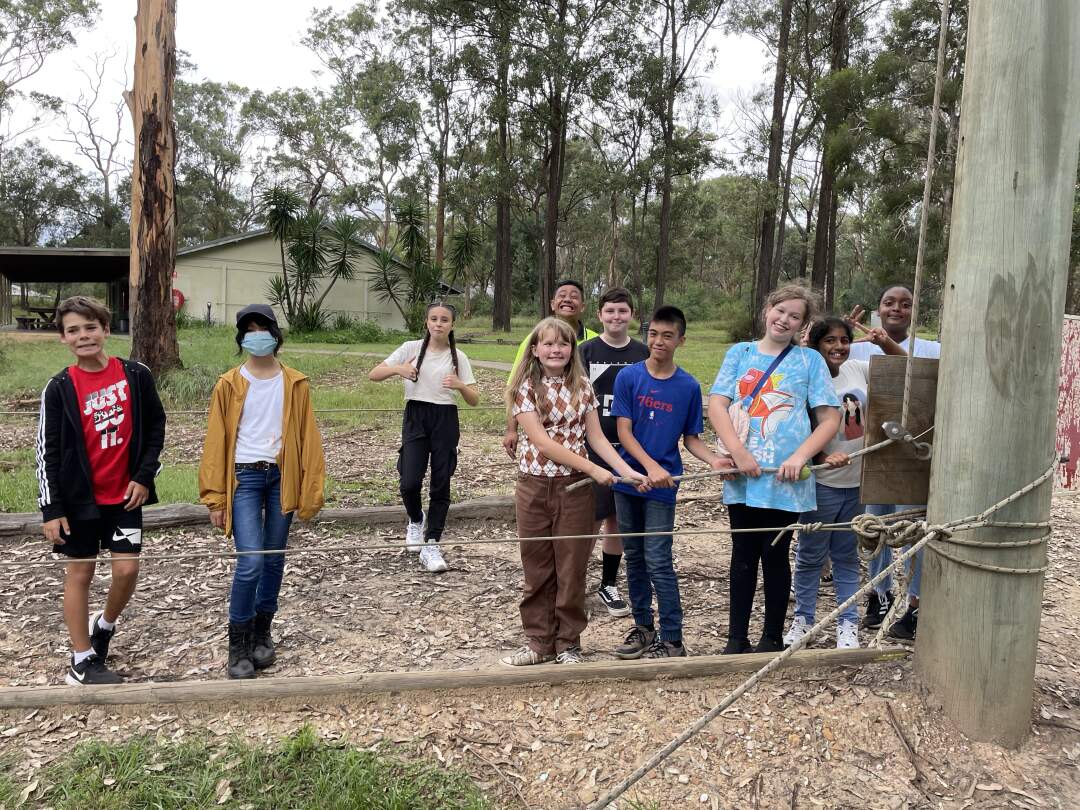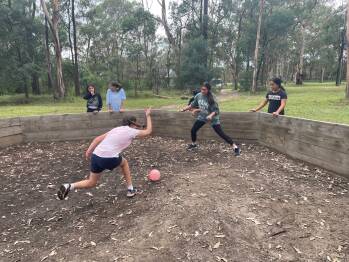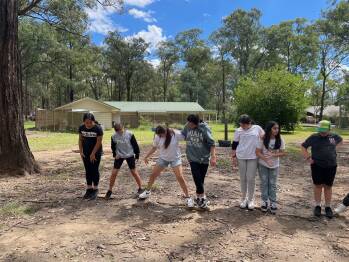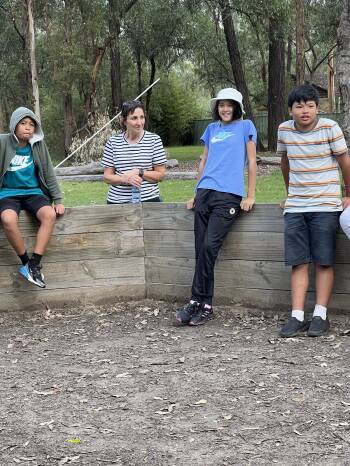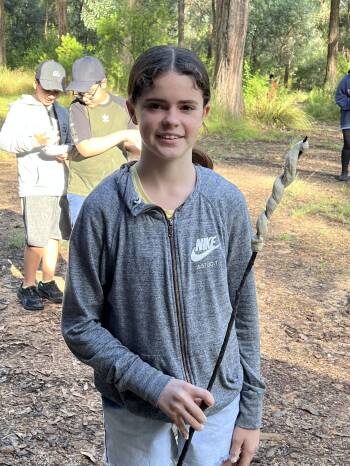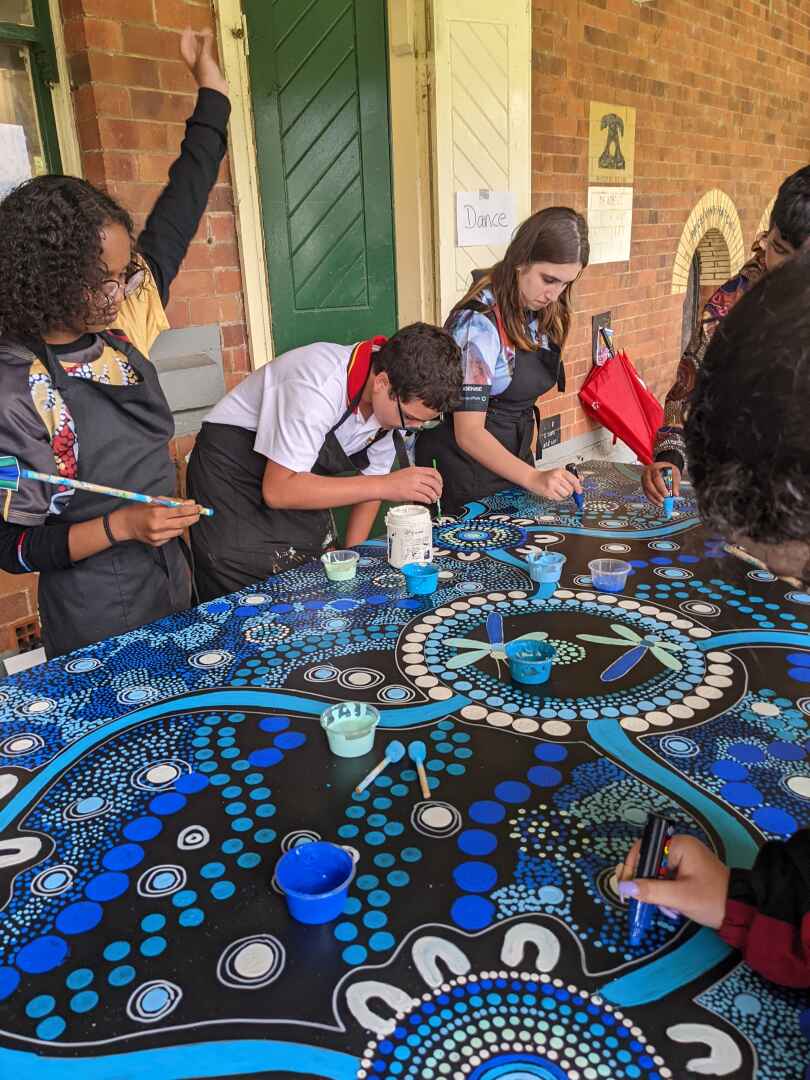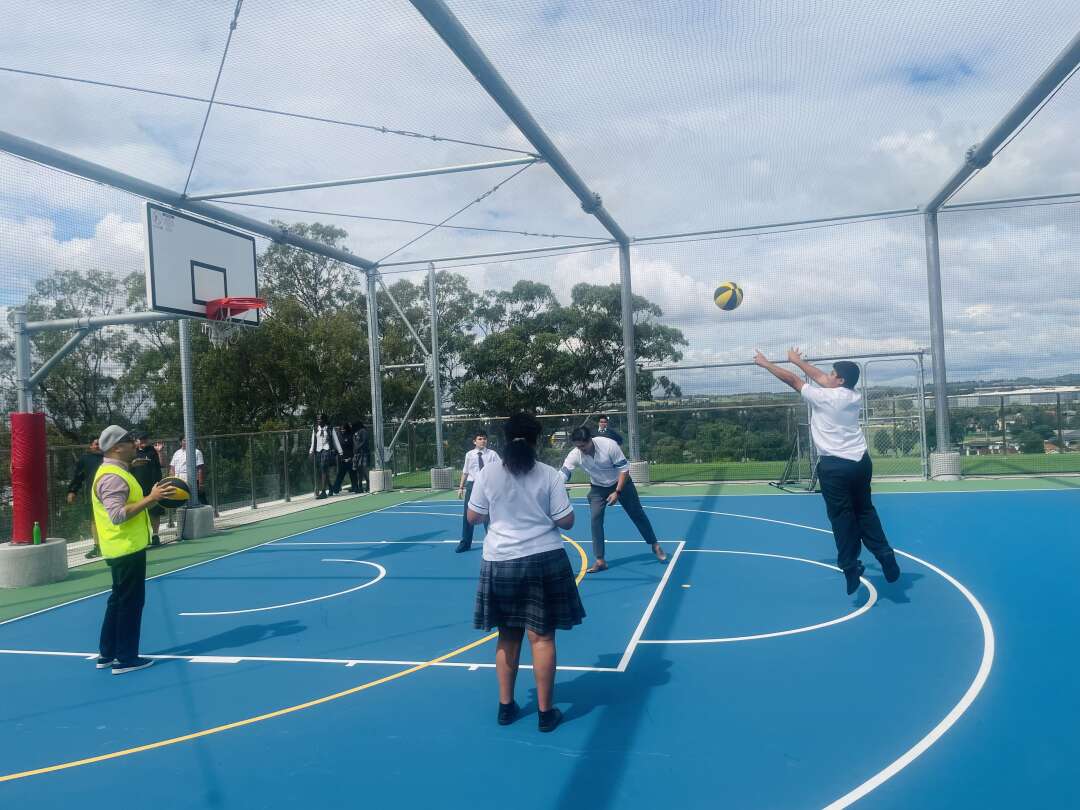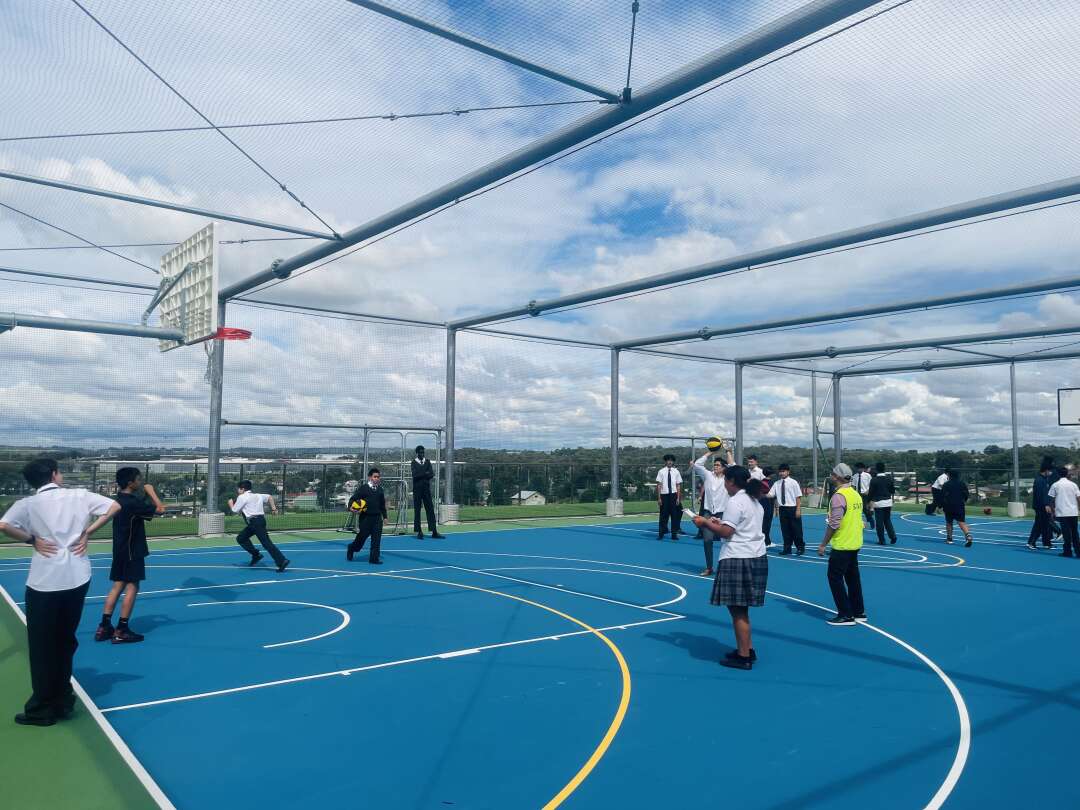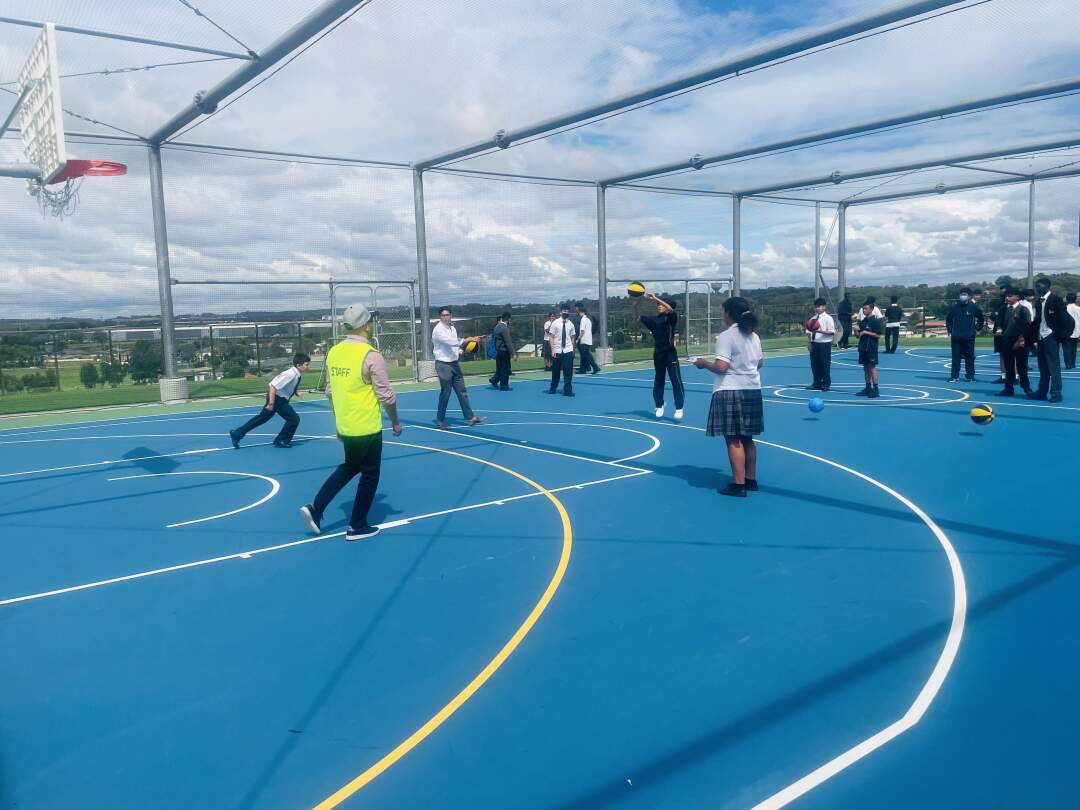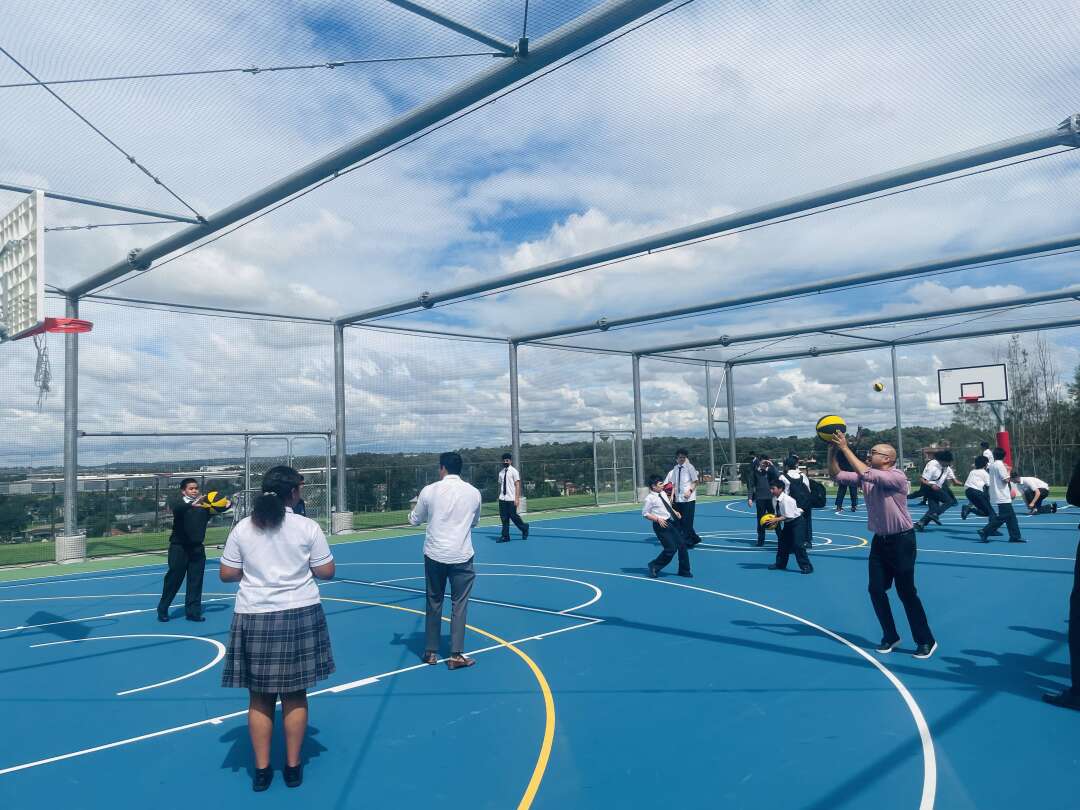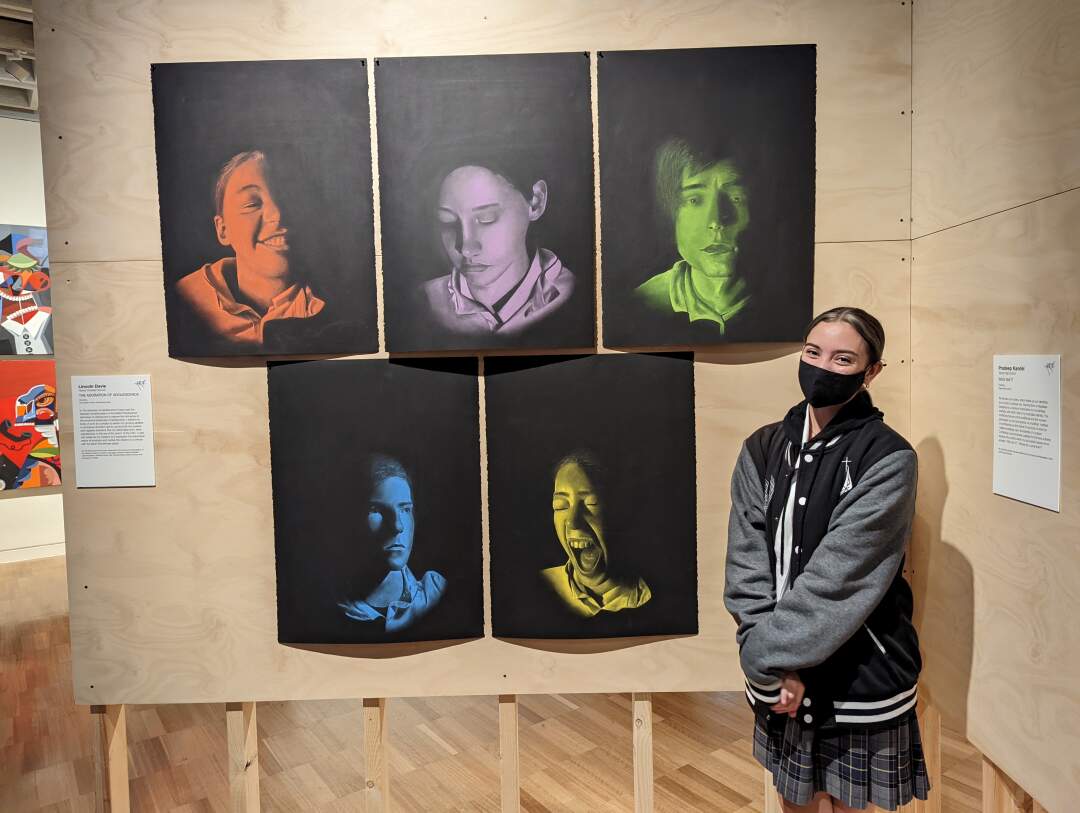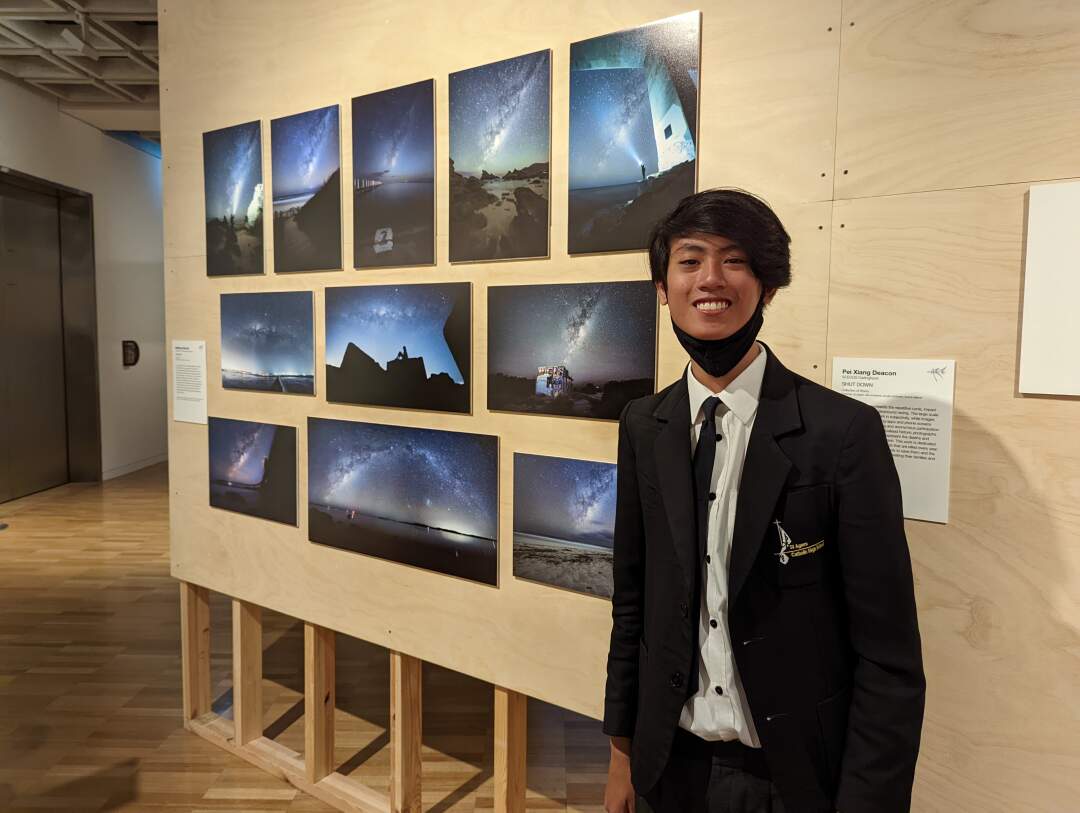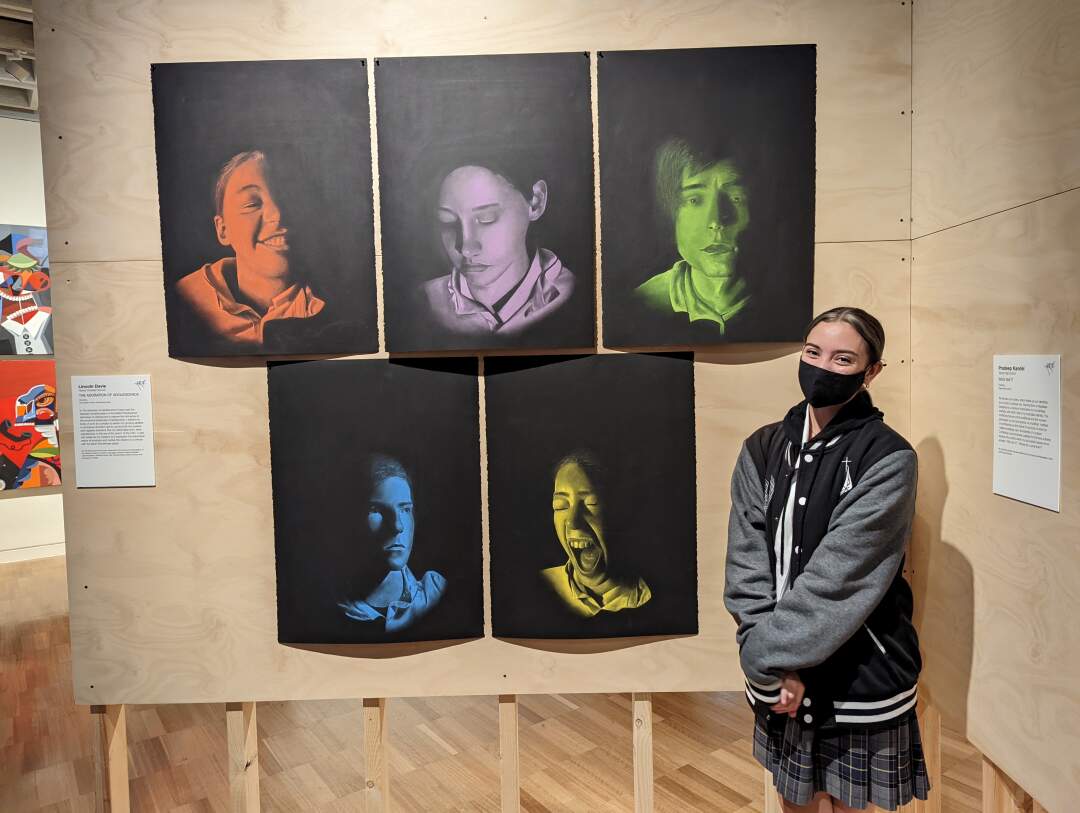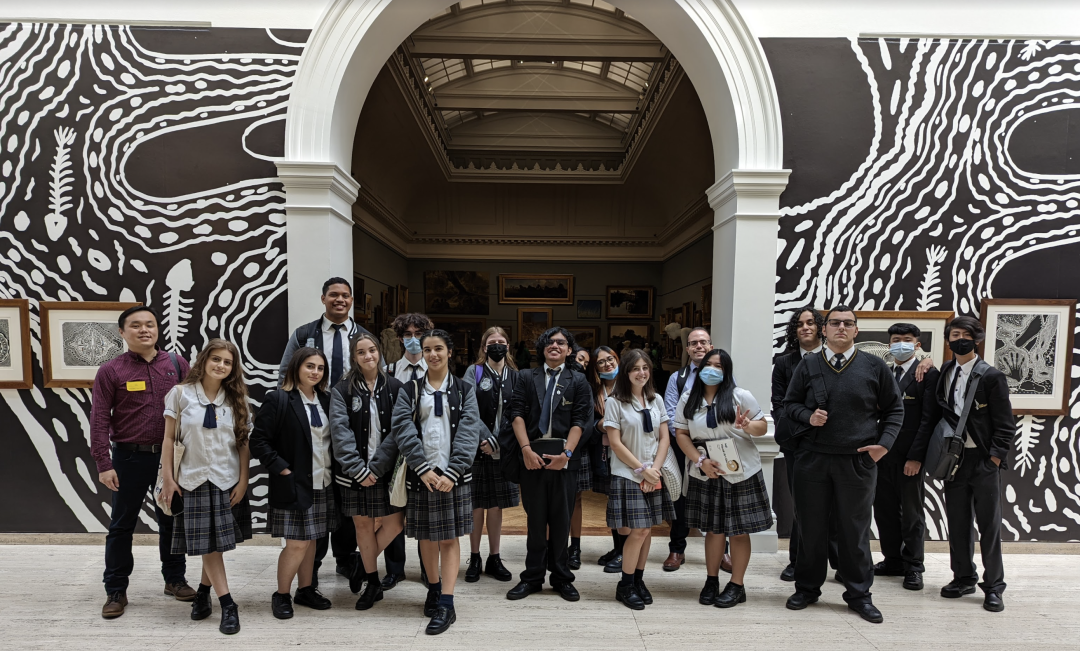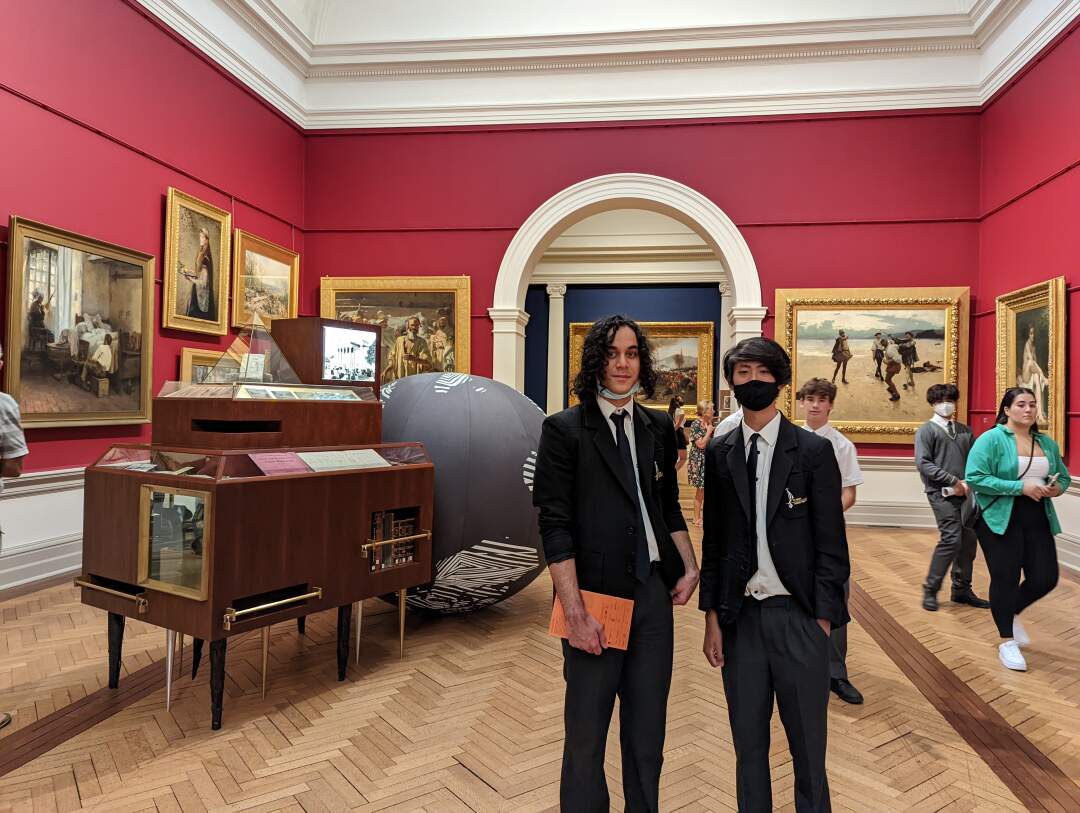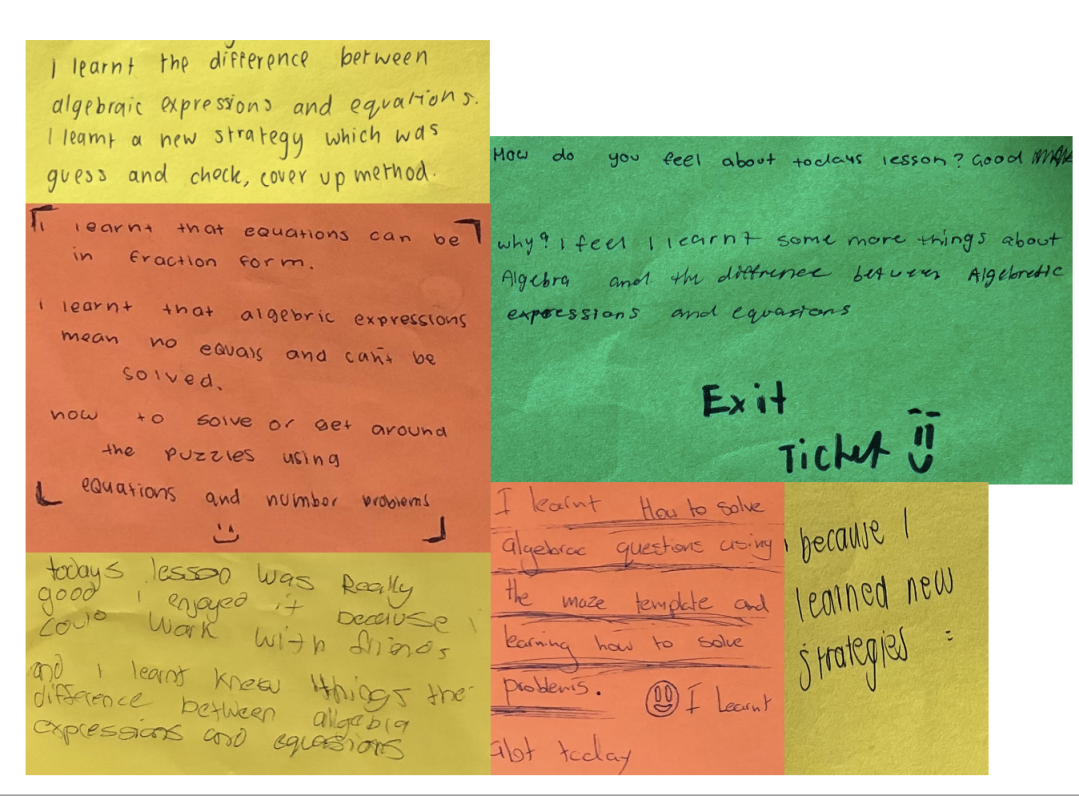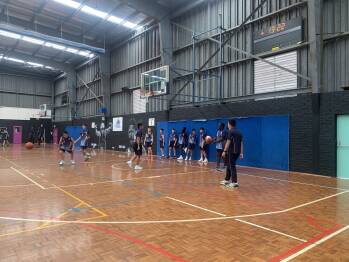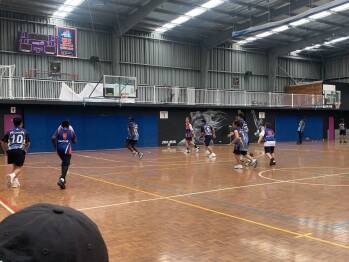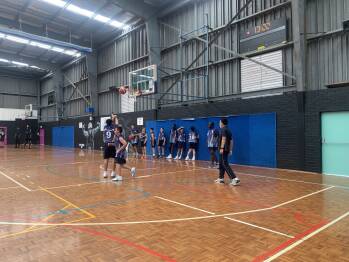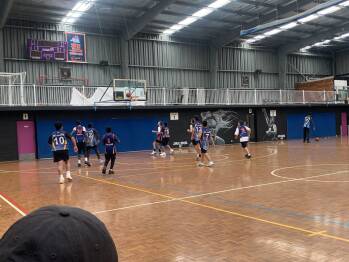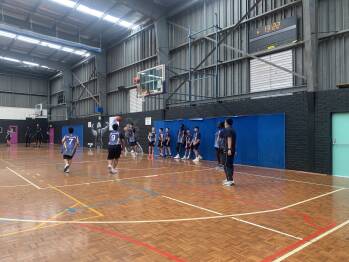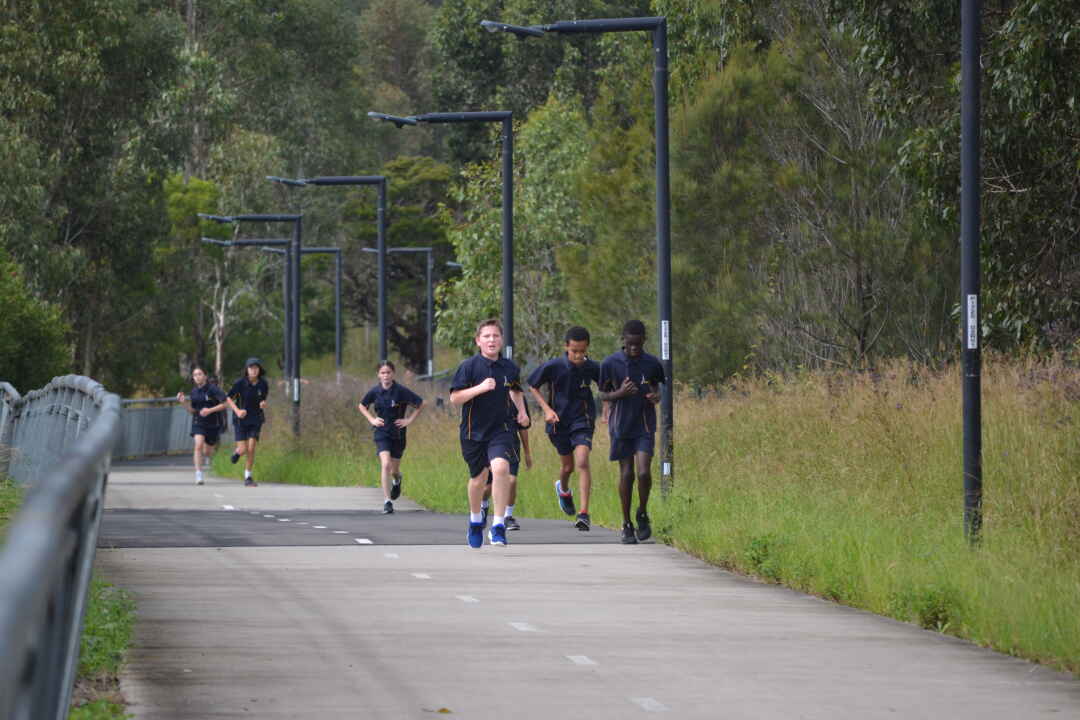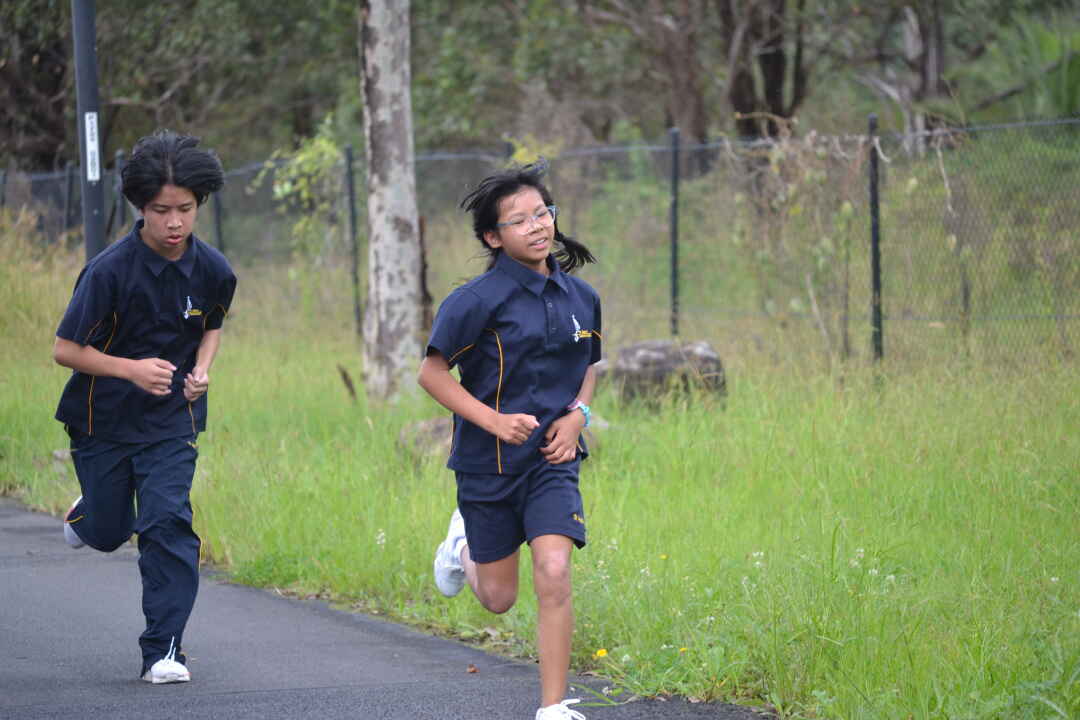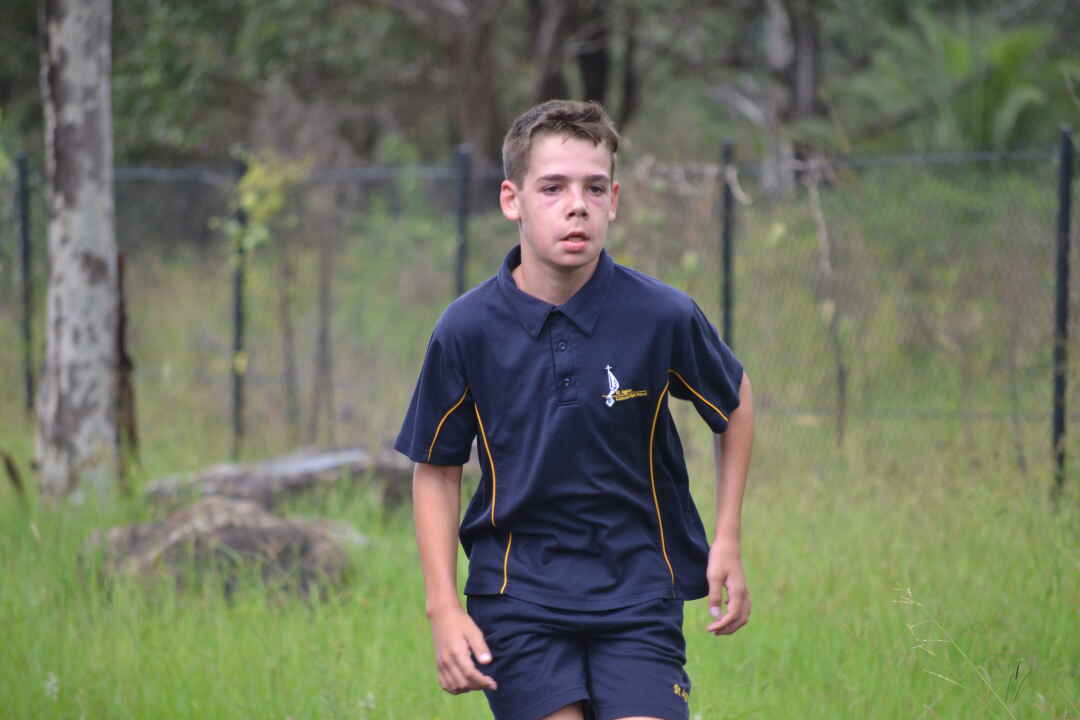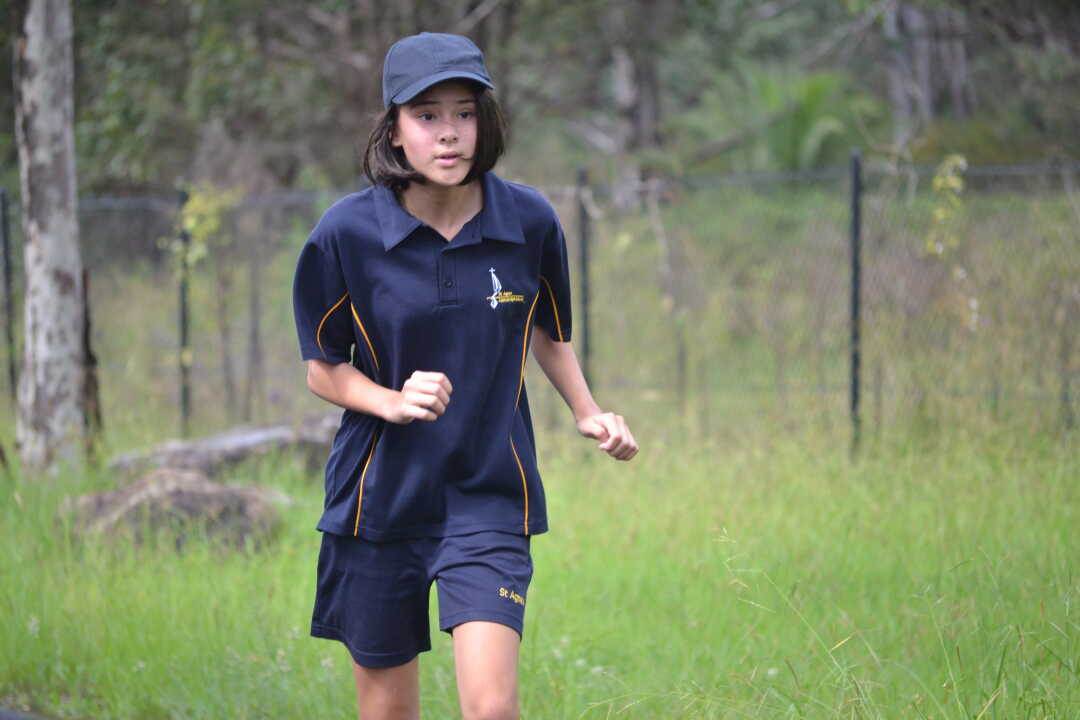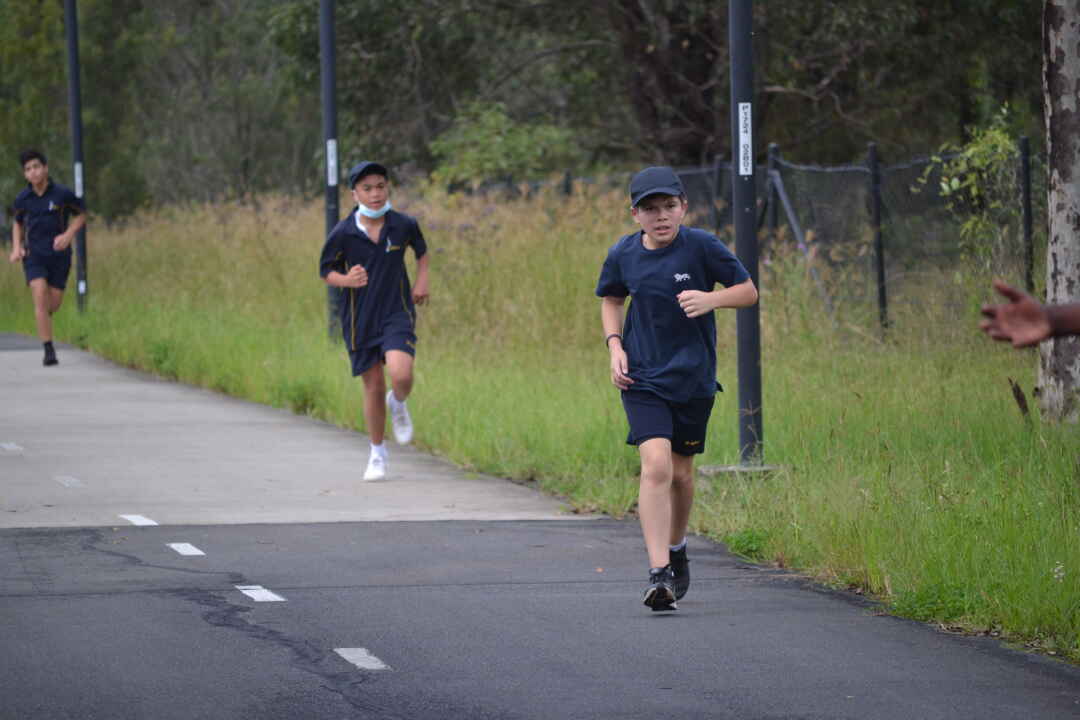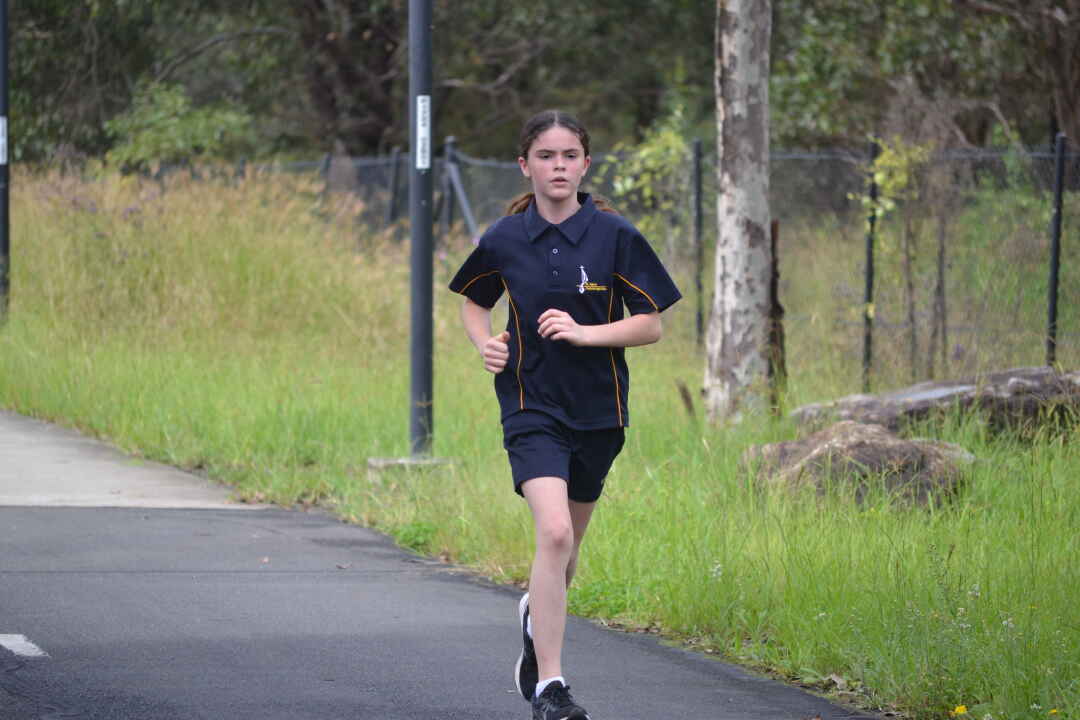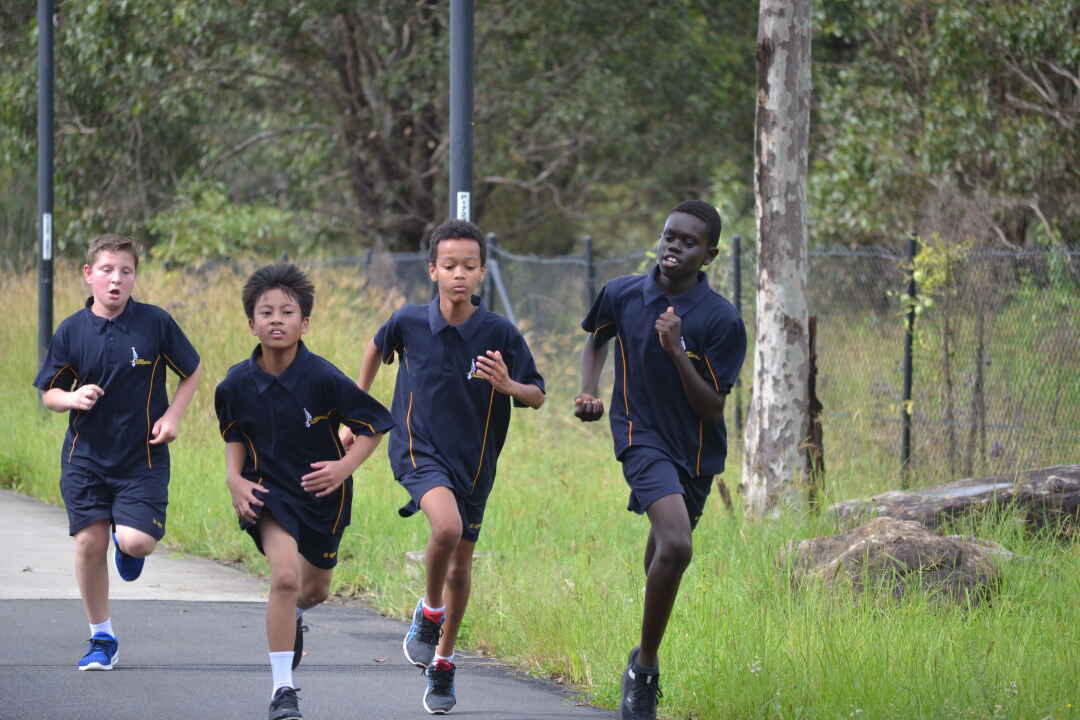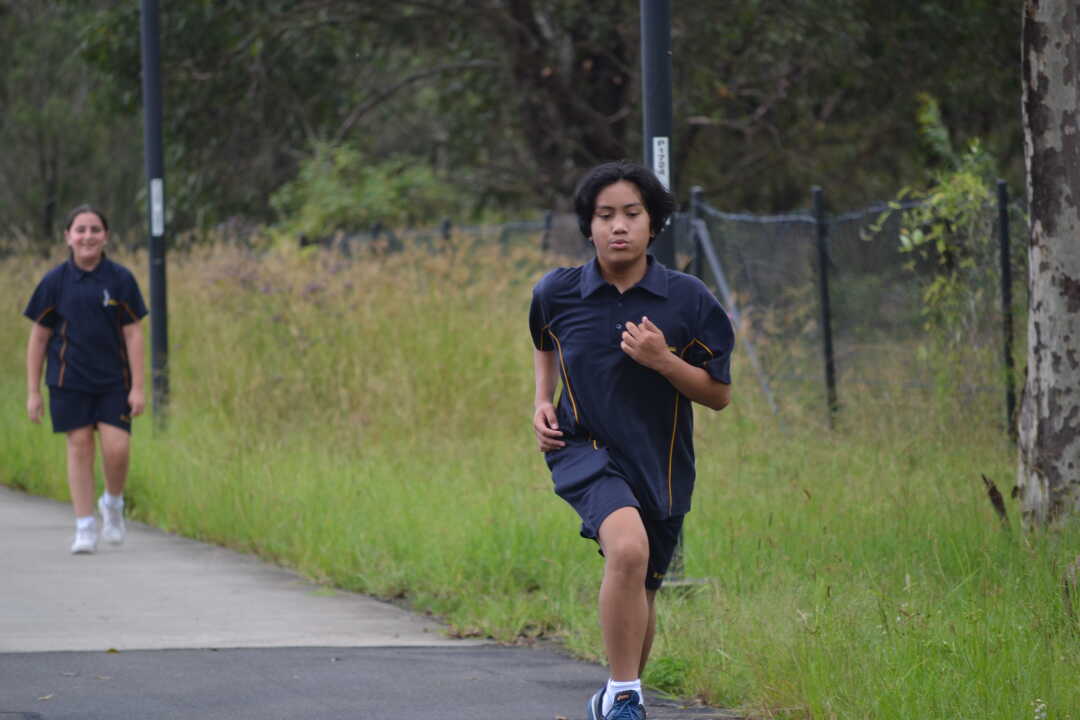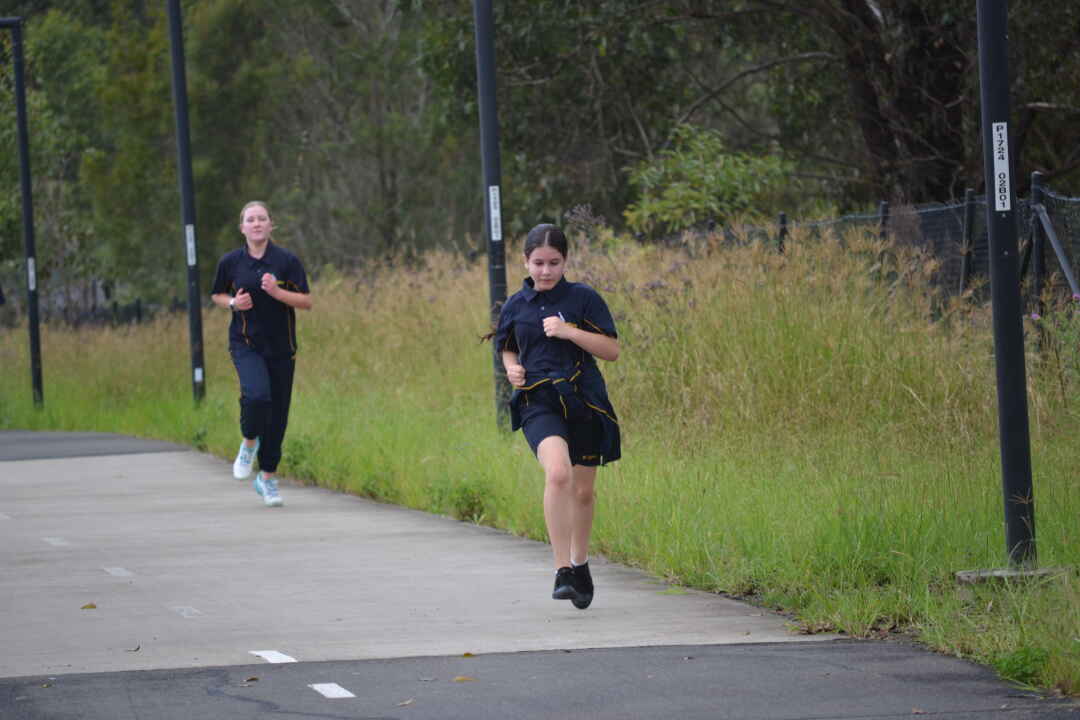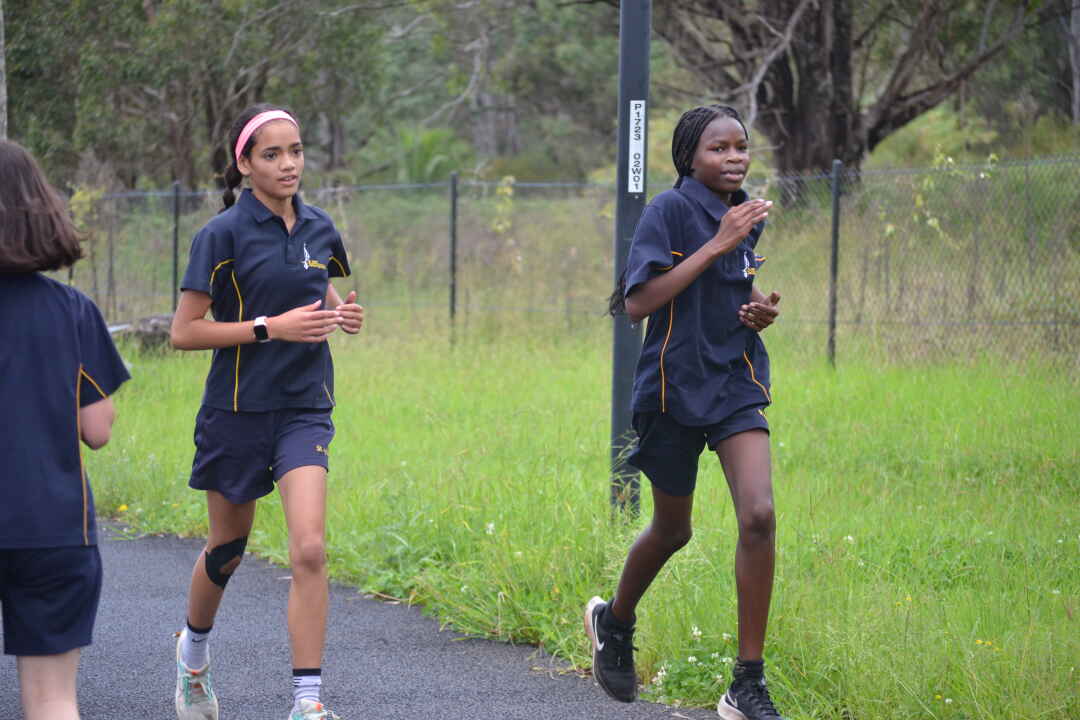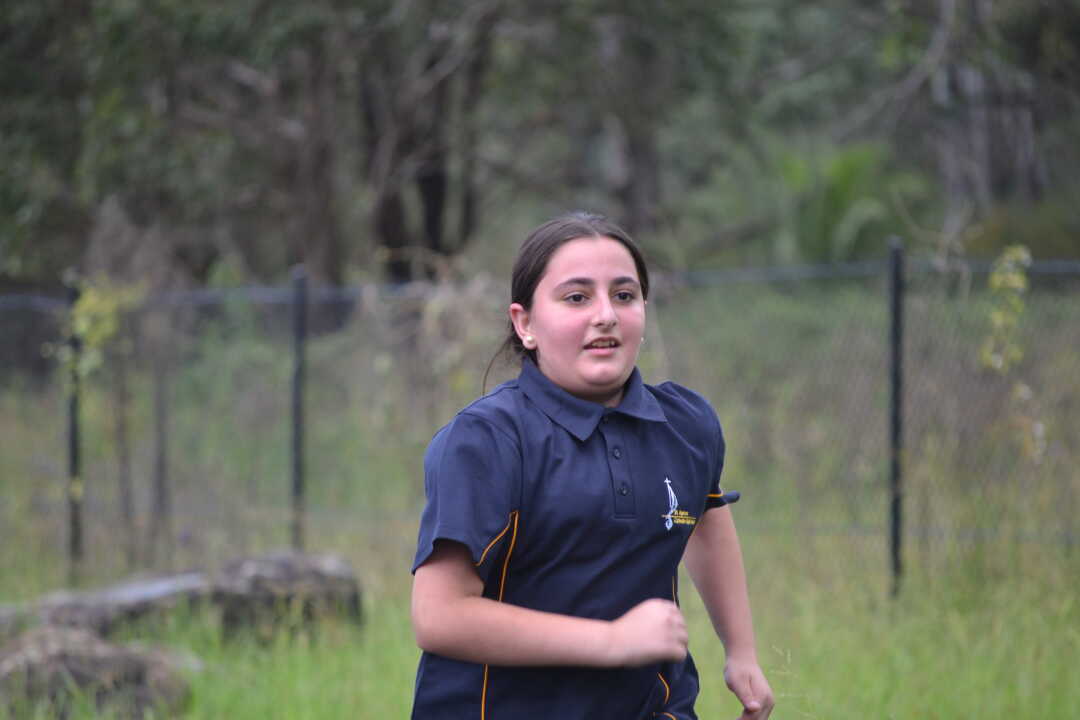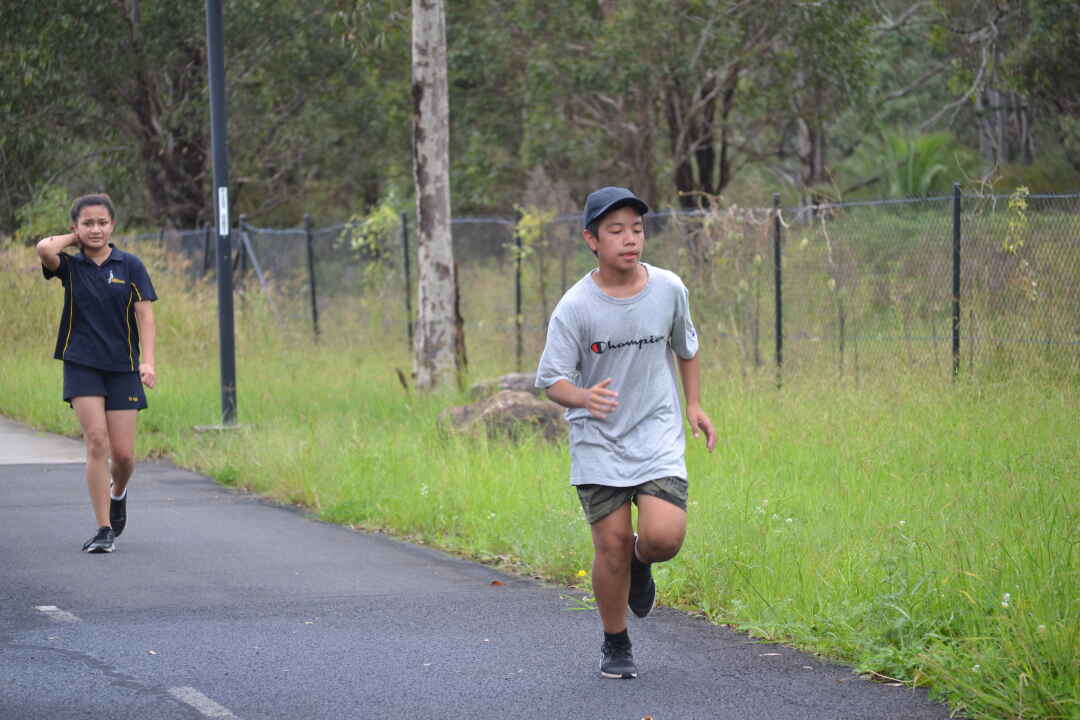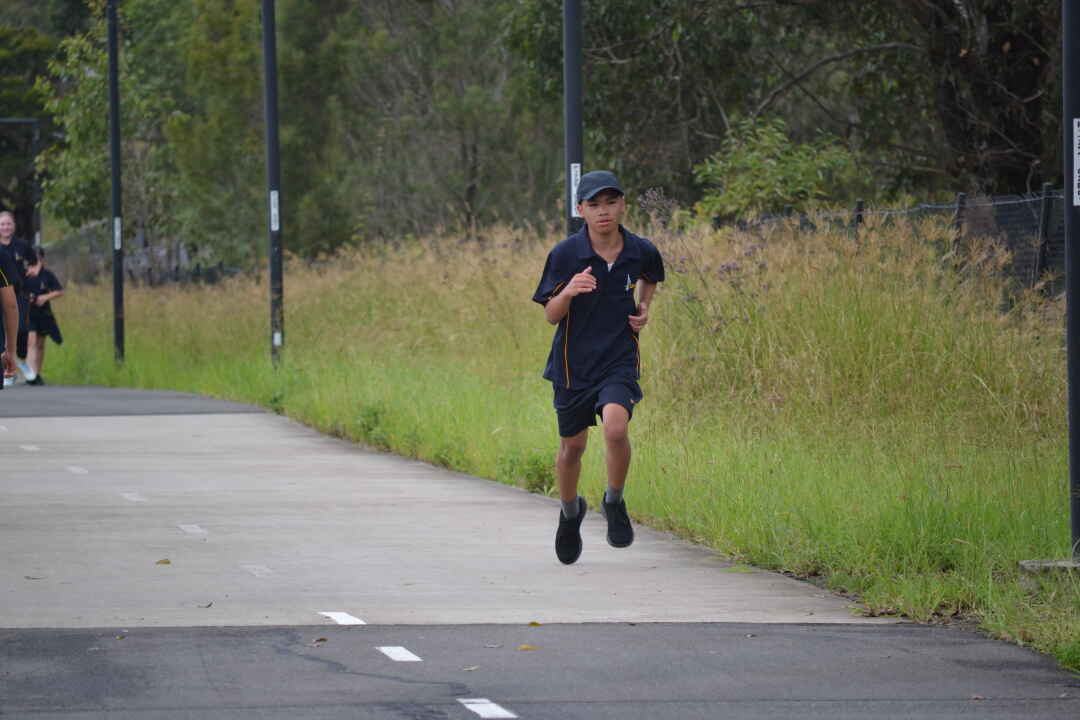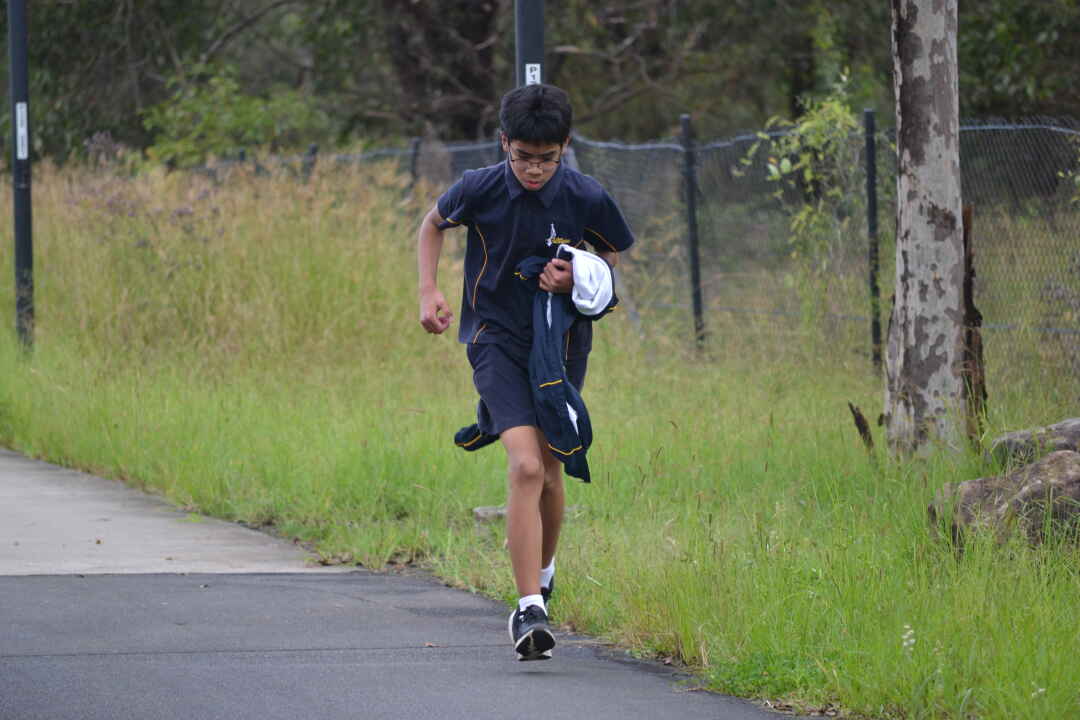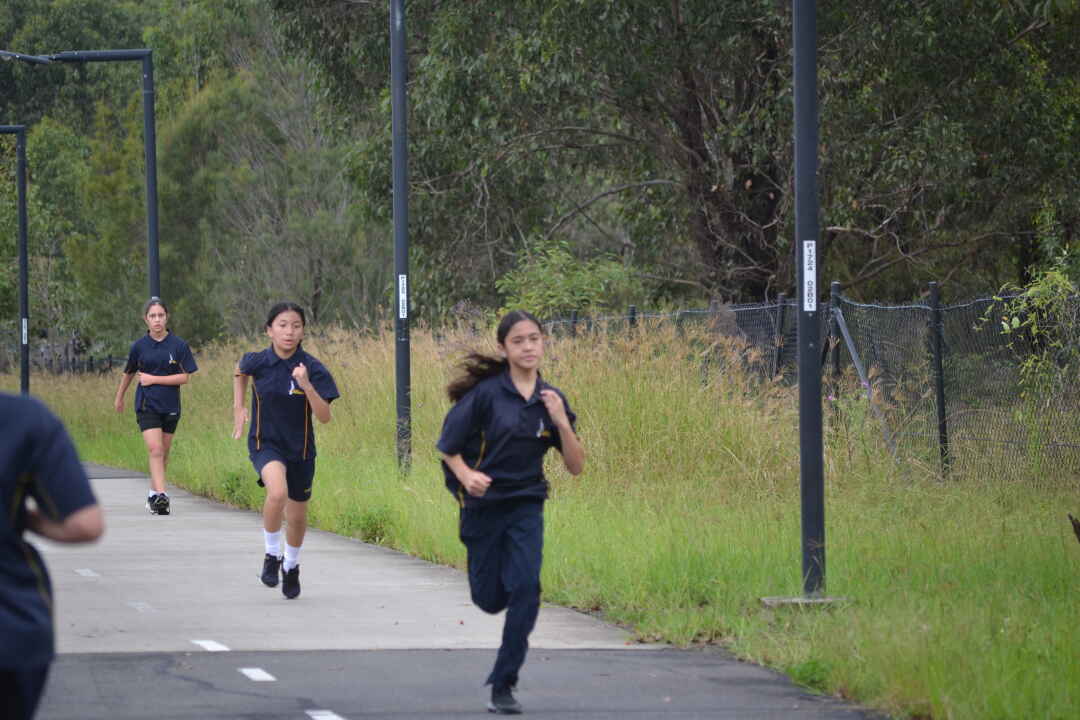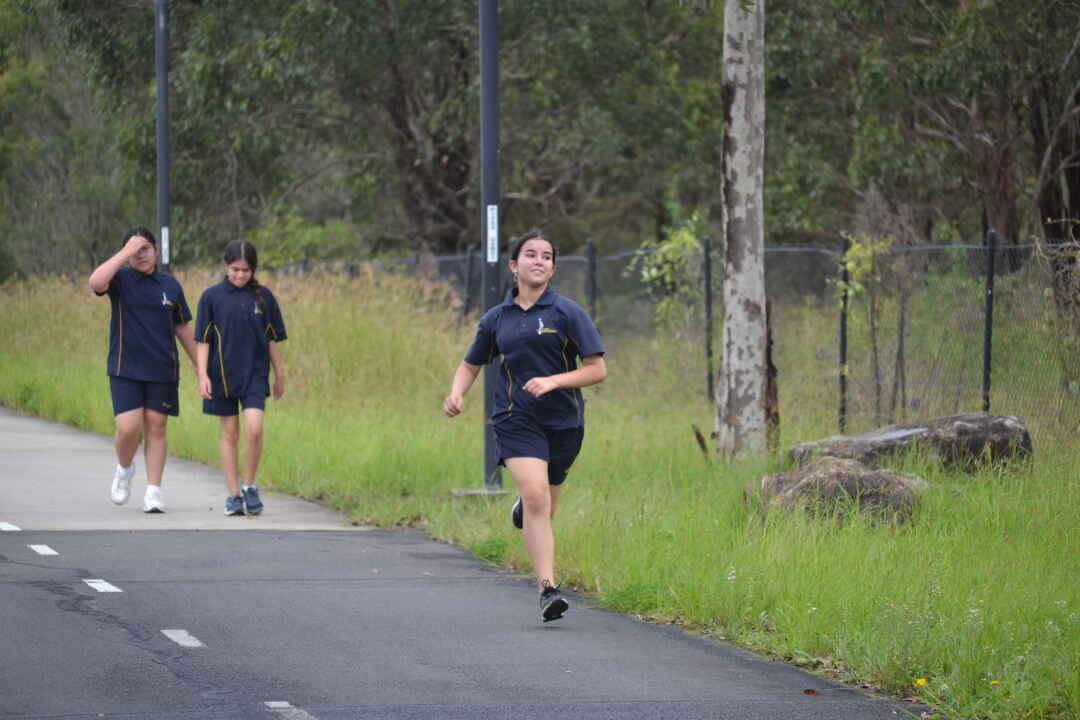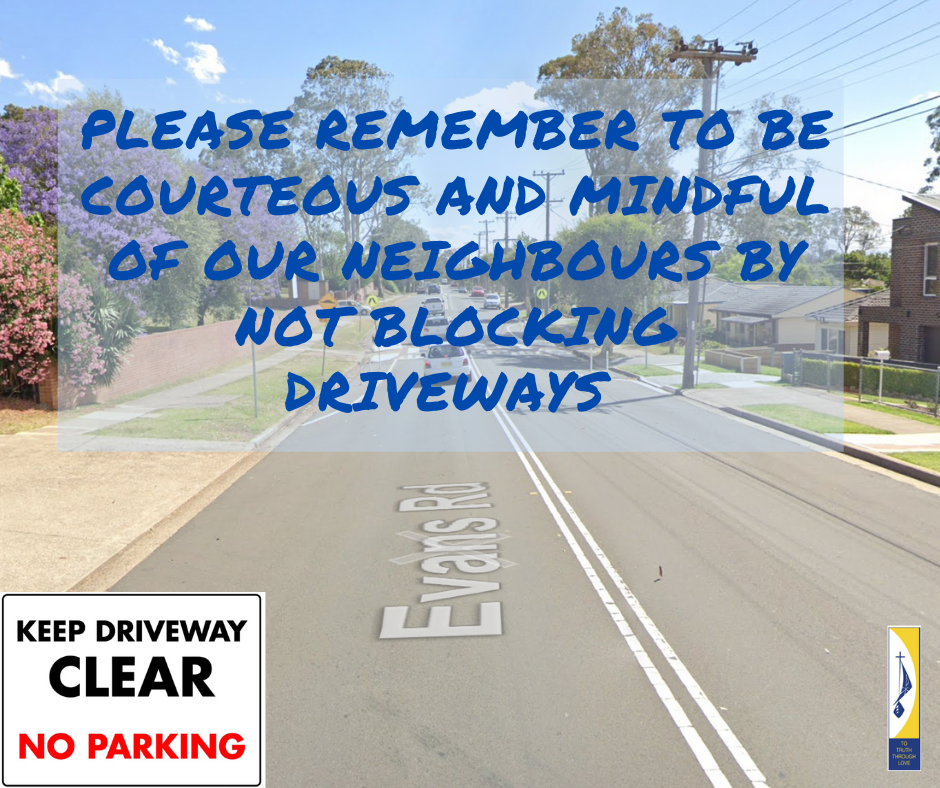We are almost at the end of the first term of 2022 and it has indeed been a busy one!
Congratulations to the students in Years 7 and 9 who engaged very well with the NAPLAN Practice Tests last week. These tests provide an opportunity for students to become familiar with the type of questions that are in the NAPLAN test and with the tools that are available in the NAP Browser to assist them to navigate each domain. Prior to the actual event in May, the students are encouraged to access the Demonstration Tests on the Public Website so to give them greater clarity as to what is required.
A reminder that students from Years 10 - 12 must complete an Illness/Misadventure Form if they are absent from school on the day a formal assessment task is due. Students who are isolating as a close contact are encouraged to seek feedback and assistance from their teachers via Google Classroom and should submit tasks on the due date electronically when possible. Students who wish to apply for an extension for an assessment must contact their teacher before the due date of the task to discuss this.
Our Year 12 students have recently completed their next round of assessment tasks. This was done in an examination environment; where they were seated in rows, as they would in the Trial and actual HSC examinations. By all accounts, the students rose to the challenge and are aware of the expectations placed on them so they know how to operate when they are in that space again.
Year 11 Study Skills Session
On Tuesday 15th March Dr Prue Salter from Enhanced Learning Educational Services (www.enhanced-learning.net) ran a study skills session with Year 11. The session focused on helping students identify changes and improvements they could make to their approach to their studies in order to maximise their results in their final years of school. The main areas covered with Year 11 were working effectively in the evenings and dealing with distractions, managing time efficiently, planning for assessments, making brain-friendly study notes on a regular basis and using a wide variety of active study techniques to suit individual learning styles. Parents are encouraged to review the handout from the session with students and discuss the main areas identified where changes need to be made.
Parents can also find extra study skills tips on the following website: http://studyskillstoptipsparents.com/.
All students and parents at our school also have access to a great study skills website to help students develop their skills. Go to www.studyskillshandbook.com.au and enter the username: stagnes and the password 24success. There are lots of useful handouts on the THINGS TO PRINT page on this site and students can work through the units where they need additional help.
We will also be releasing a Study Skills Session for our students in Years 7 and 8 by the end of this term - so stay tuned!
Study Skills Tip for March – Top Parent FAQs
Having run over 5000 study skills seminars over the last 20 years, Dr Prue Salter has been asked many questions about study skills. Below are the top 5 questions parents ask.
- How much learning should students be doing each night?
Different schools will have different expectations, but the general guidelines are that junior students should be doing around 1 hour of self-learning most nights, seniors between 2-3 hours most nights.
2. But what if students say they have no homework?
In Primary school, students are used to just doing the work their teacher specifically tells them to do. Many students do not realise that things should be different in secondary school; there are actually two types of learning students should be doing. The first is compulsory work such as homework, assignments, and preparing for tests. The second type of work is independent learning work. If students have no homework that night, they are expected to undertake some independent learning in secondary school. This could be reviewing what they have learnt that week, making a mind map, reading ahead, researching an area of interest, making study notes or reviewing difficult concepts.
3. Can you listen to music while studying?
The general rule is that if students are undertaking learning that is not difficult, it is OK to listen to music. It makes them feel relaxed, makes them feel like the time is going quicker. However, if they are doing work that requires intense concentration or memorisation, it is best to switch the music off (or else have slower music with no vocals such as classical musical) as otherwise it will take them much longer to absorb and learn the information.
4. Is it OK for students to do work with devices or in front of the TV?
Unless students are doing something mindless like sticking things on a poster or colouring in, it is best not to do work in front of any devices such as phones or TV. Instead, students should do their home learning in an environment that is as distraction-free as possible. It works well if students do their learning in distinct blocks of time and remove all distractions during those blocks. Some students find they have the self-discipline to manage technological distractions, others need a helping hand – such as their phone in a different room for the half-hour period where they are focusing on schoolwork.
5. How do I stop my student getting distracted when working on the computer?
Have a discussion with students about doing schoolwork in focused blocks of time so that they can really enjoy their time away from the books (or computer). If students find it challenging to be disciplined, they can also look at self-blocking software such as Self Control (MAC) and Cold Turkey (PC). If students are still struggling, parental management programs such as Family Zone allow families to block particular sites at particular times.
Learn more this year about how to improve your results and be more efficient and effective with your schoolwork by working through the units on www.studyskillshandbook.com.au. Our school’s access details are:
Username: stagnes
Password: 24success
Mr Kemmis
Assistant Principal - Learning Transformation



